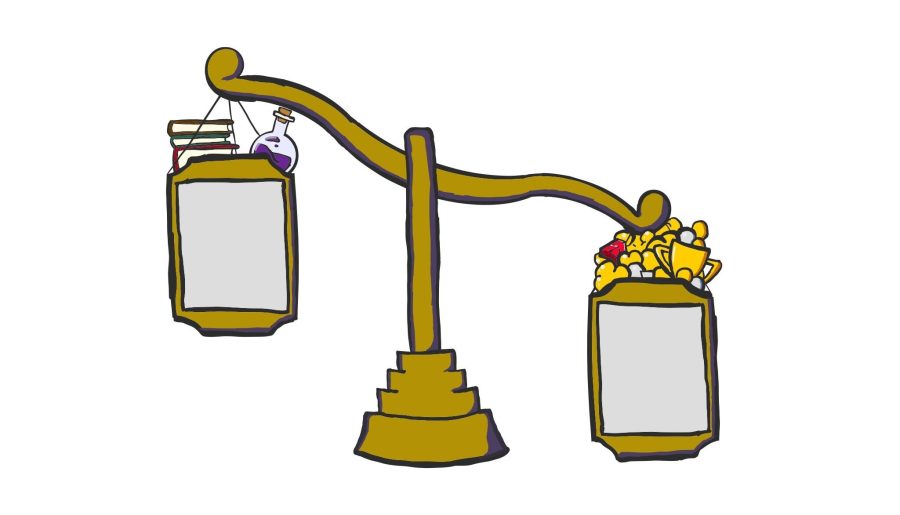Sitting in the San Jose courtroom, former tech CEO Elizabeth Holmes has swapped her signature black turtleneck for a more refined grey pantsuit. She has been on trial since August 2021 for fraud and conspiracy after her Palo Alto-based healthcare startup, Theranos, folded after allegedly deceiving investors.
Theranos was developing a product that claimed to be able to provide an advanced blood test with only a drop of a person’s blood. We now know that Holmes exaggerated the company’s ability to develop such a product.
In 2014, Forbes dubbed Holmes the world’s youngest self-made female billionaire after Theranos was valued at $9 billion. However, the company was exposed for malpractice and exaggerated claims. She stands on trial for her role in the scandal.
Steve Kornfeld was a healthcare investor at Franklin Templeton when Theranos was on the rise. He said it was briefly on his radar before he saw red flags in the company.
“When you look at advisers or board members, for a large part they weren’t healthcare investors,” Kornfeld said. “It was mainly well-connected people that had a lot of money. Most healthcare investors said it didn’t pass the sniff test.”
Sure enough, according to the New York Times, a majority of board members did not have a background in healthcare, instead having experience in politics or government.
Kornfeld was also suspicious of Holmes’s attitude and her approach to doing business.
“My perception was that she was trying to create this Silicon Valley mentality that would promise incredible things, and over time we’ll figure it out,” Kornfeld said. “To get there you sometimes lie, or cajole people, but I think you just don’t do that in healthcare. I don’t think they thought of themselves as a healthcare company and didn’t realize they had to play by the rules.”
One of the more disturbing aspects of the scandal was the lengths Holmes was allegedly willing to go to in order to keep her company afloat, senior Annalise Stewart said. Stewart said she has been following the company’s rise and fall for quite some time and was especially concerned about the ways they tested their product.
“They tested the devices on a bunch of cancer patients in Tennessee,” Stewart said. “There were actually people who had terminal cancer, and they were told they’re going into remission, even though they weren’t. It’s really, really messed up.”
Kornfeld said ethical considerations are embedded in whether companies can make money because unsafe products won’t be adopted by the marketplace. He said he feels similarly about the ethics of Holmes’s business practices.
“The thing that’s different about healthcare is that people’s lives are impacted by this,” Kornfeld said. “So, you may have software that doesn’t work or a consumer app that doesn’t work. The problem with healthcare –– it is so heavily regulated –– is if you have bad information, or the wrong diagnosis, you can have fatal consequences.”

